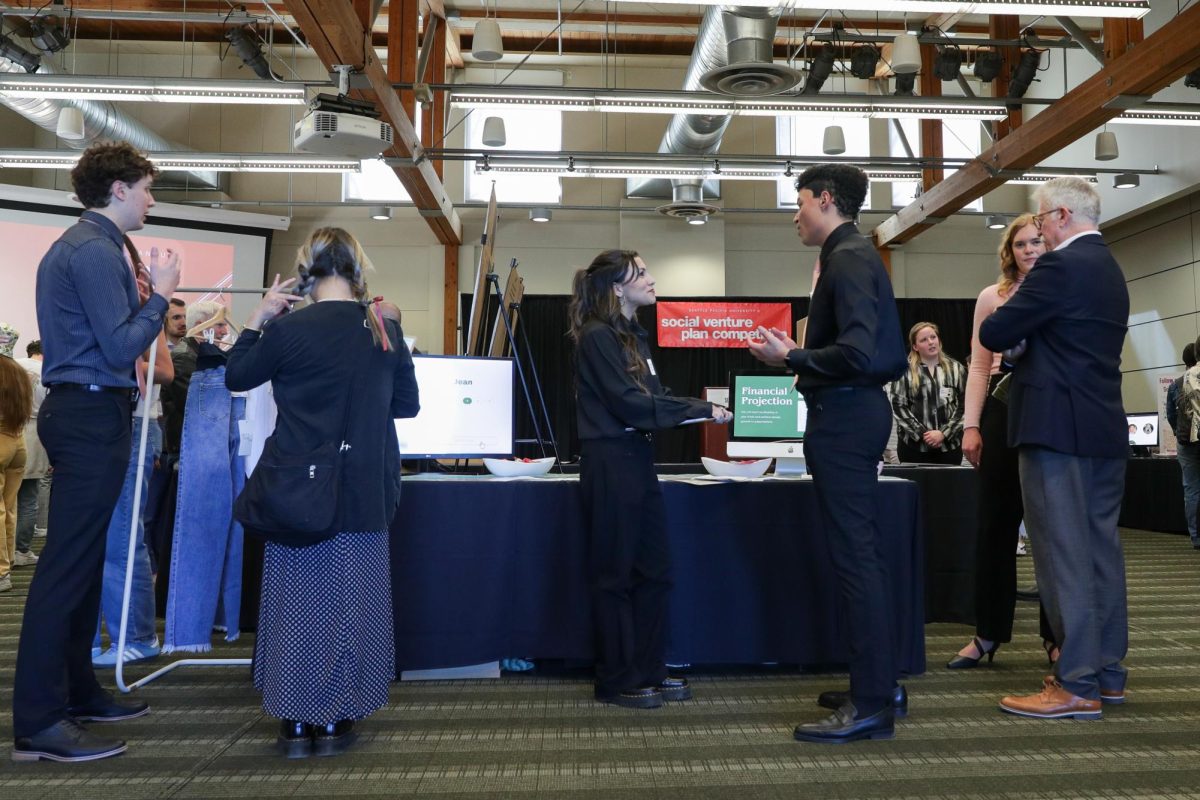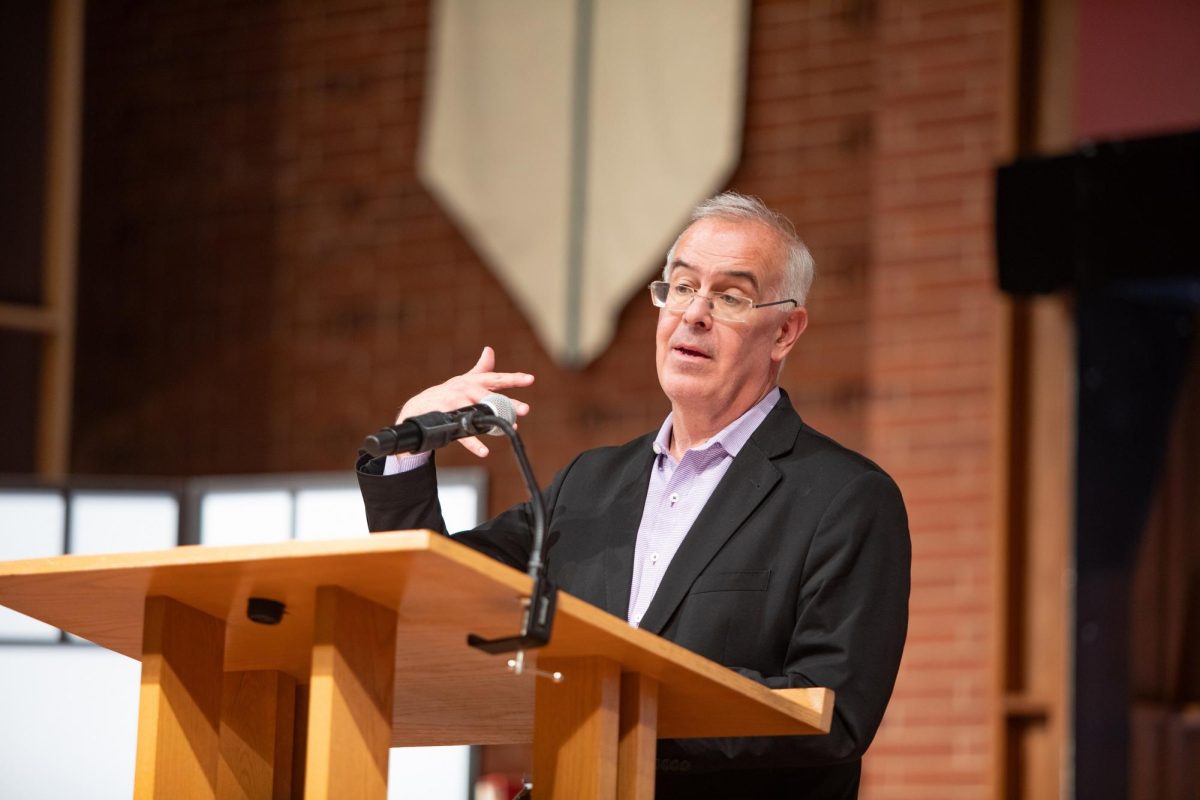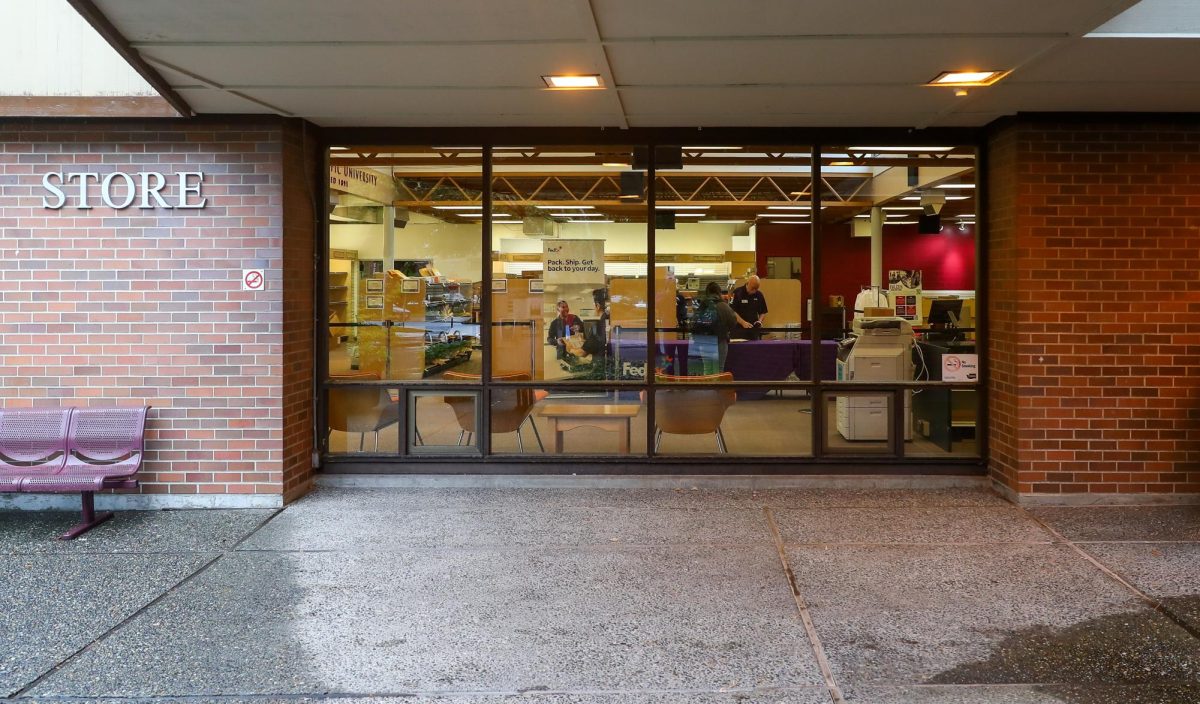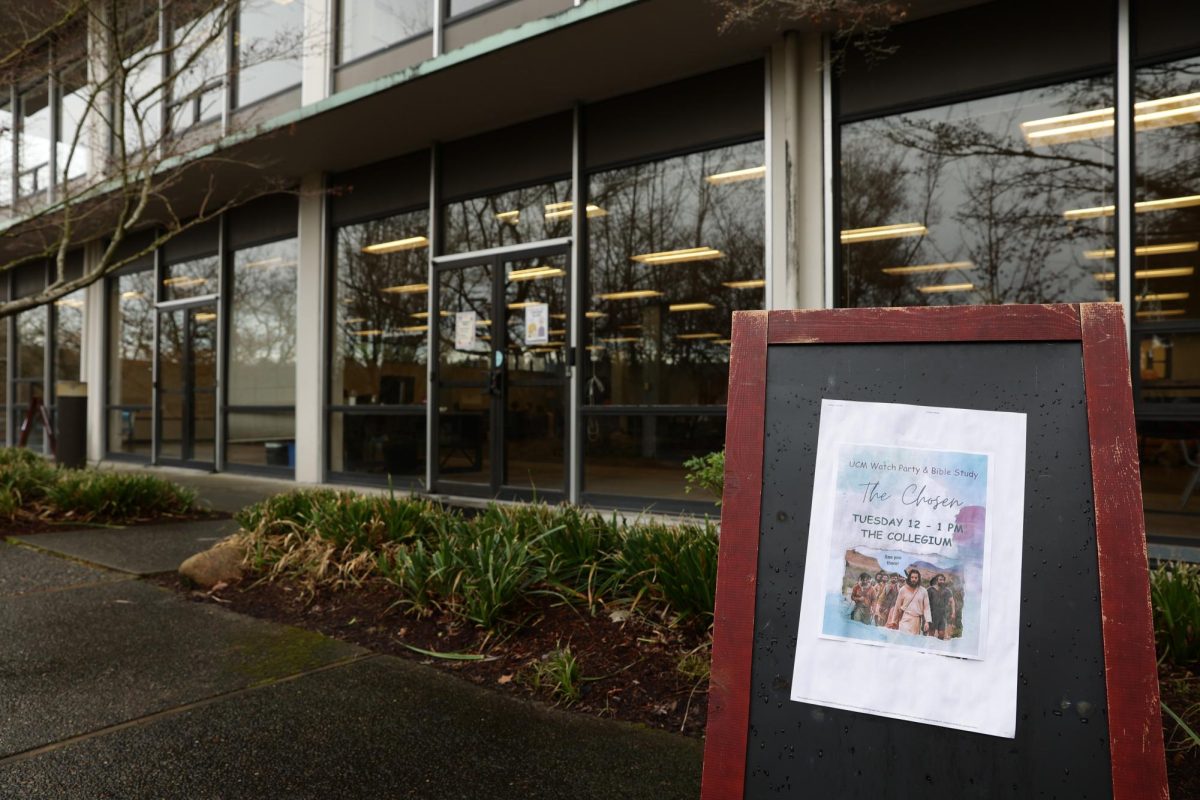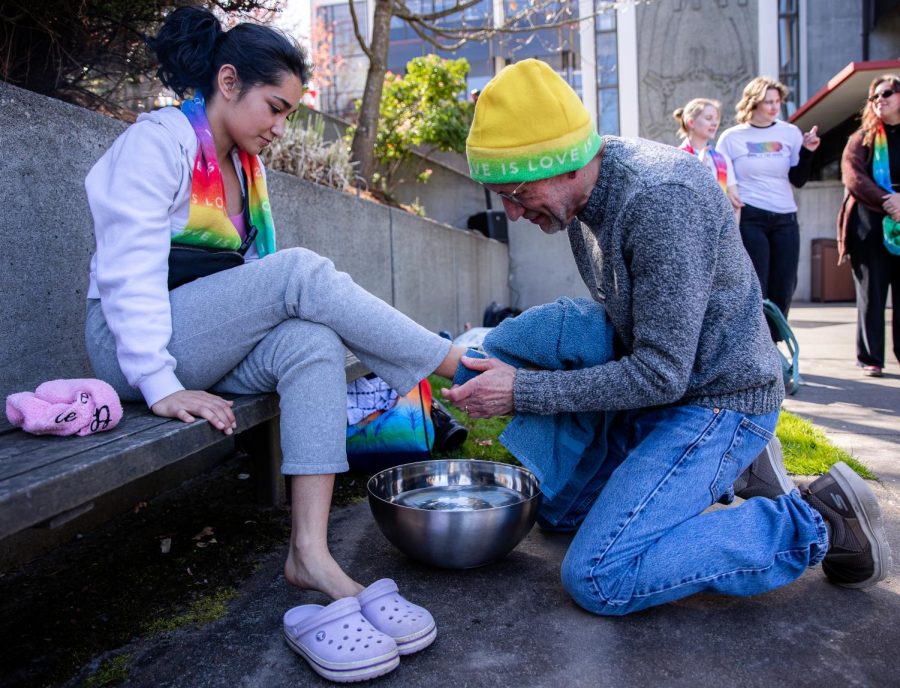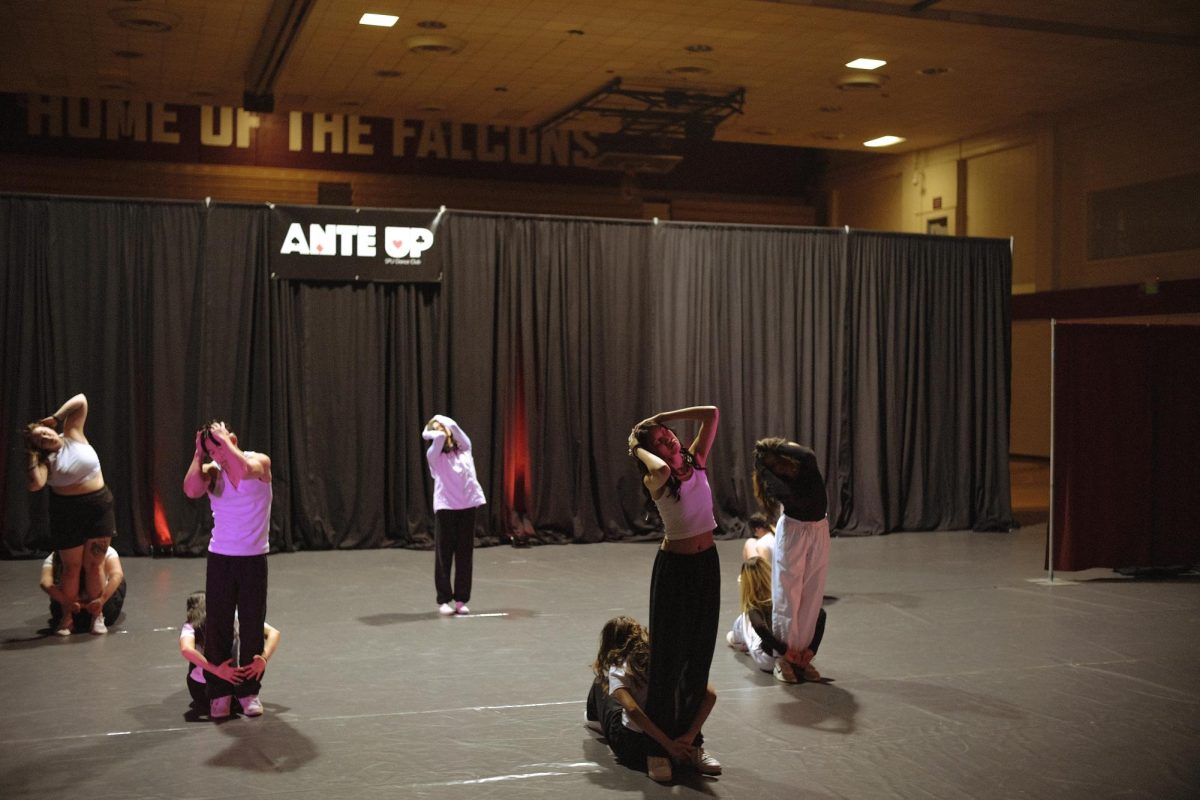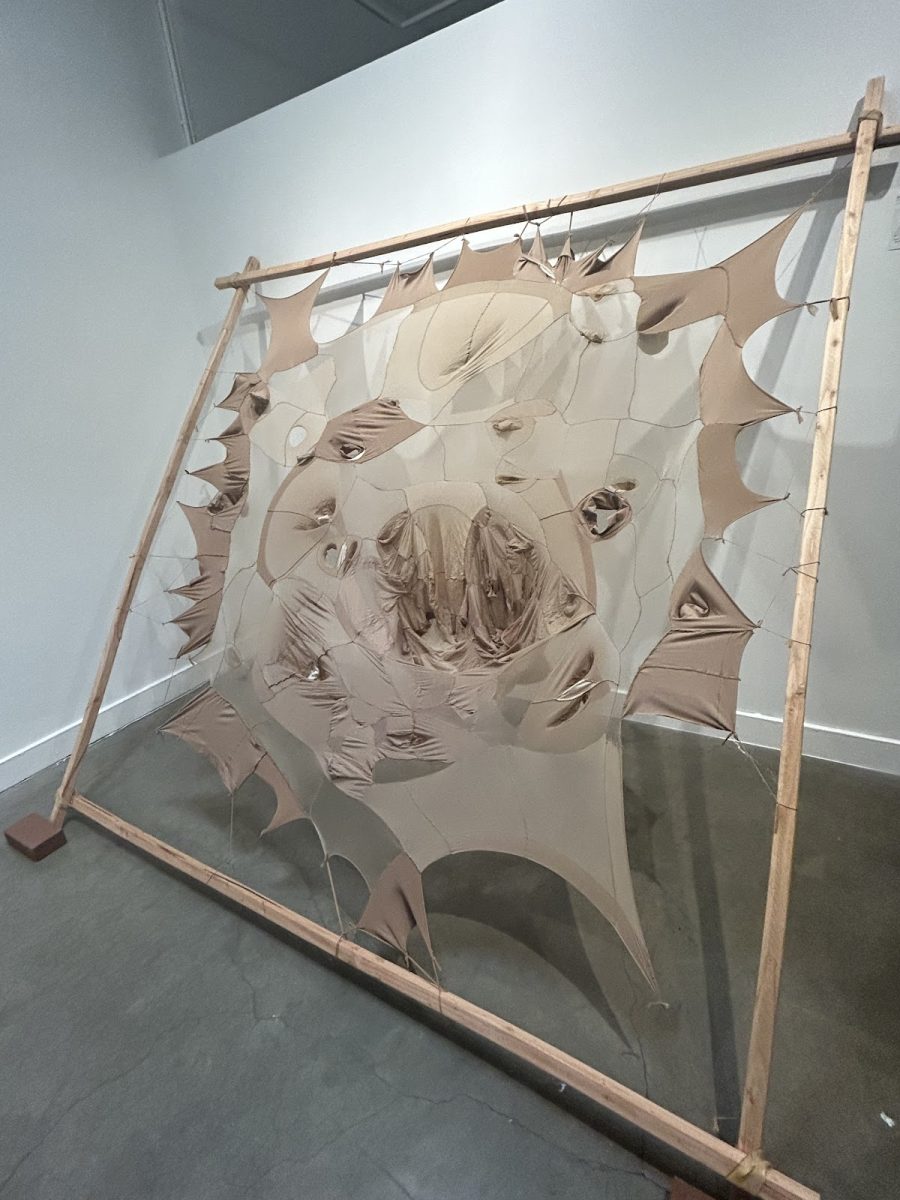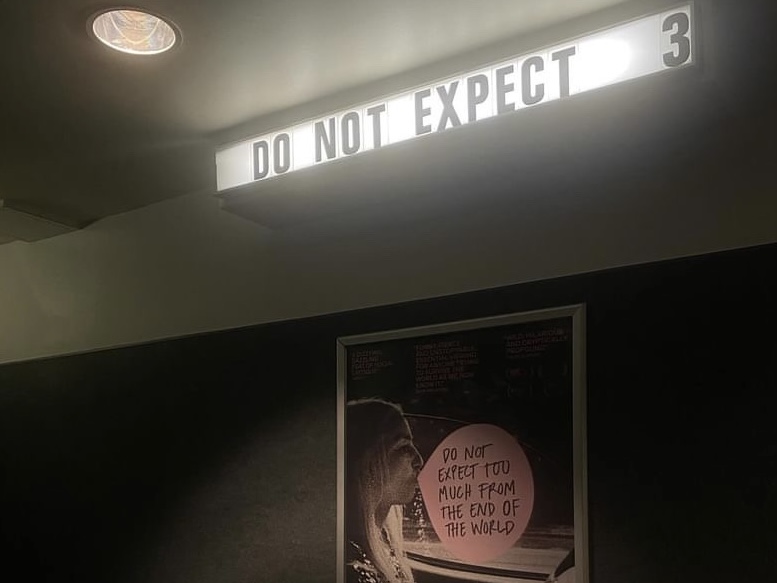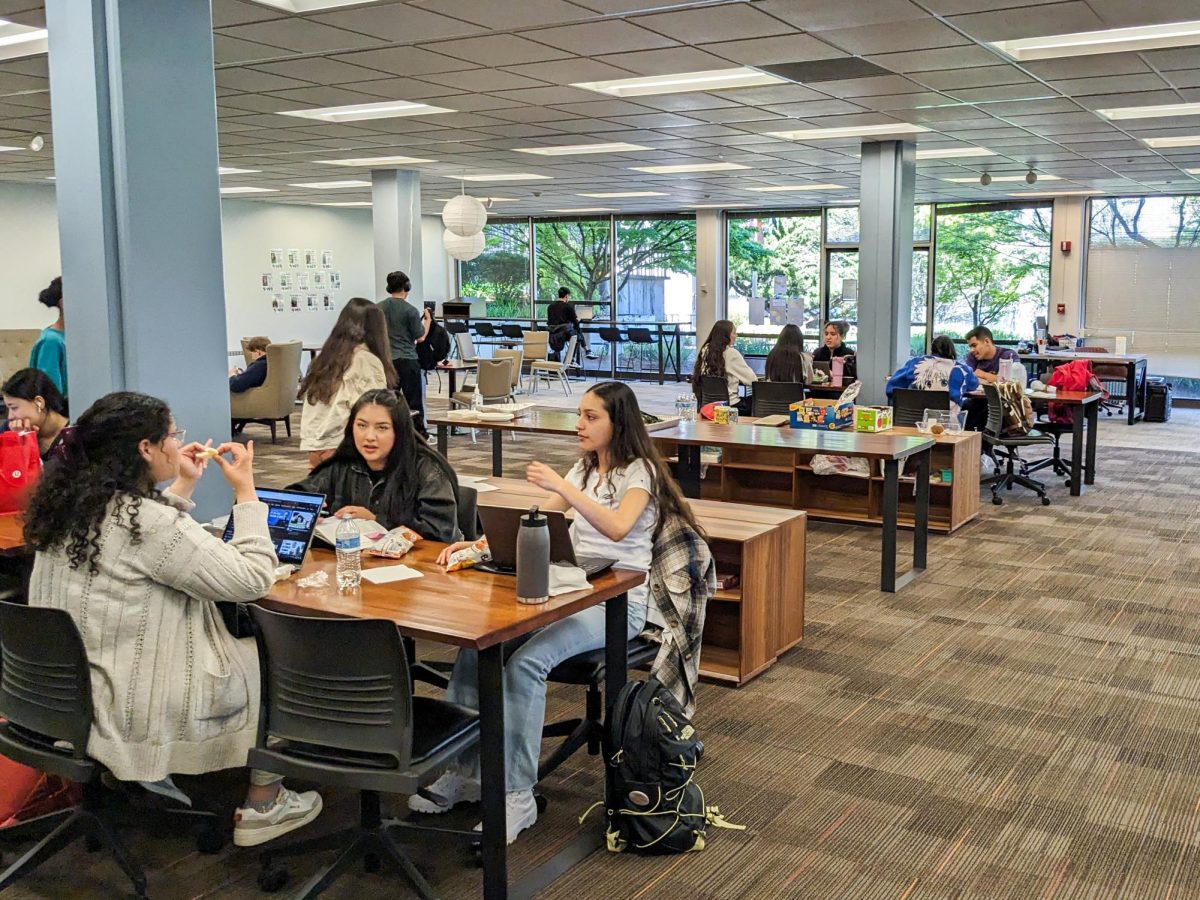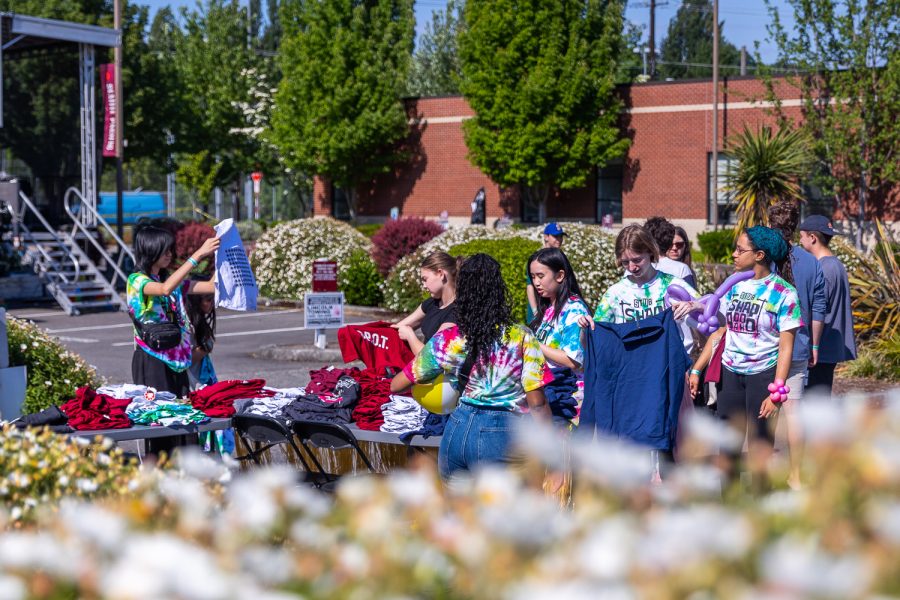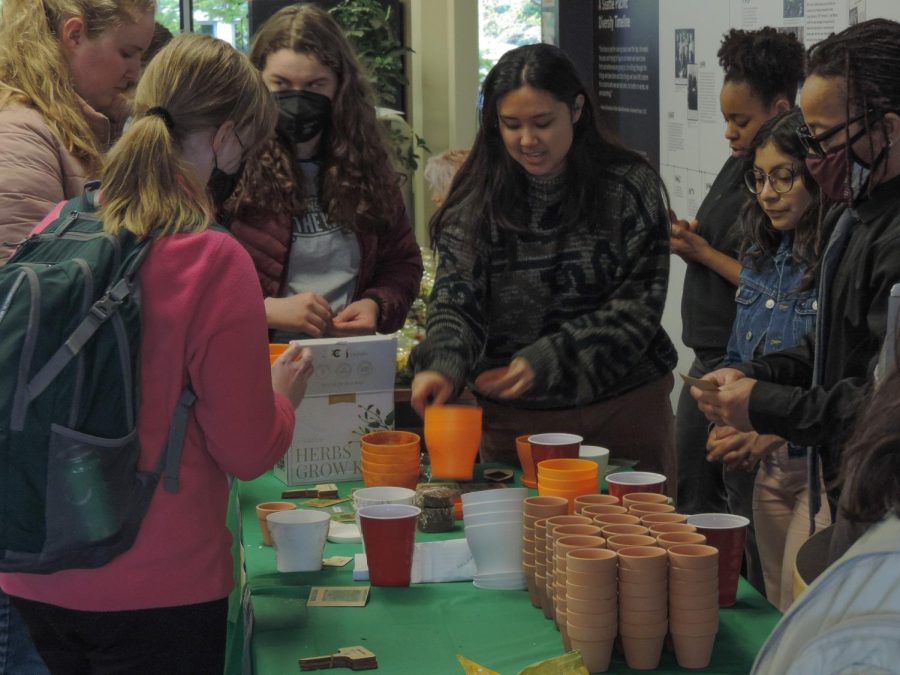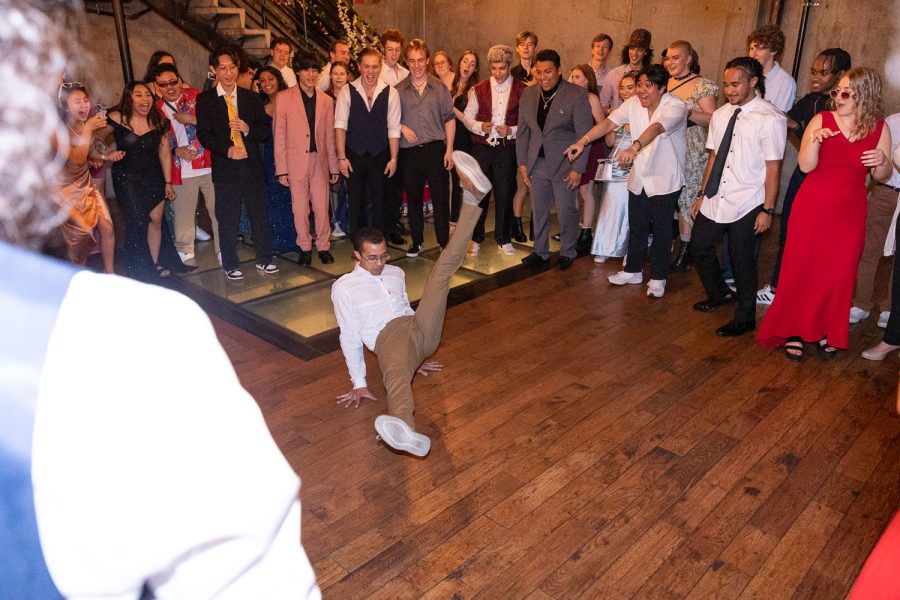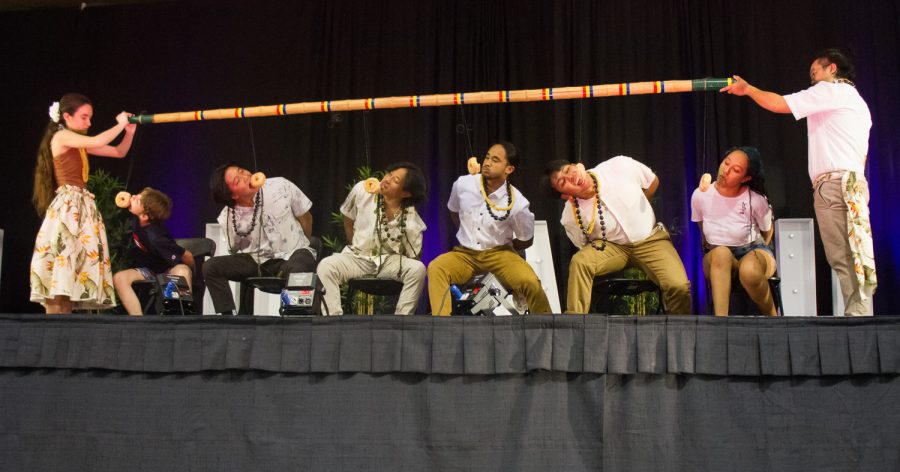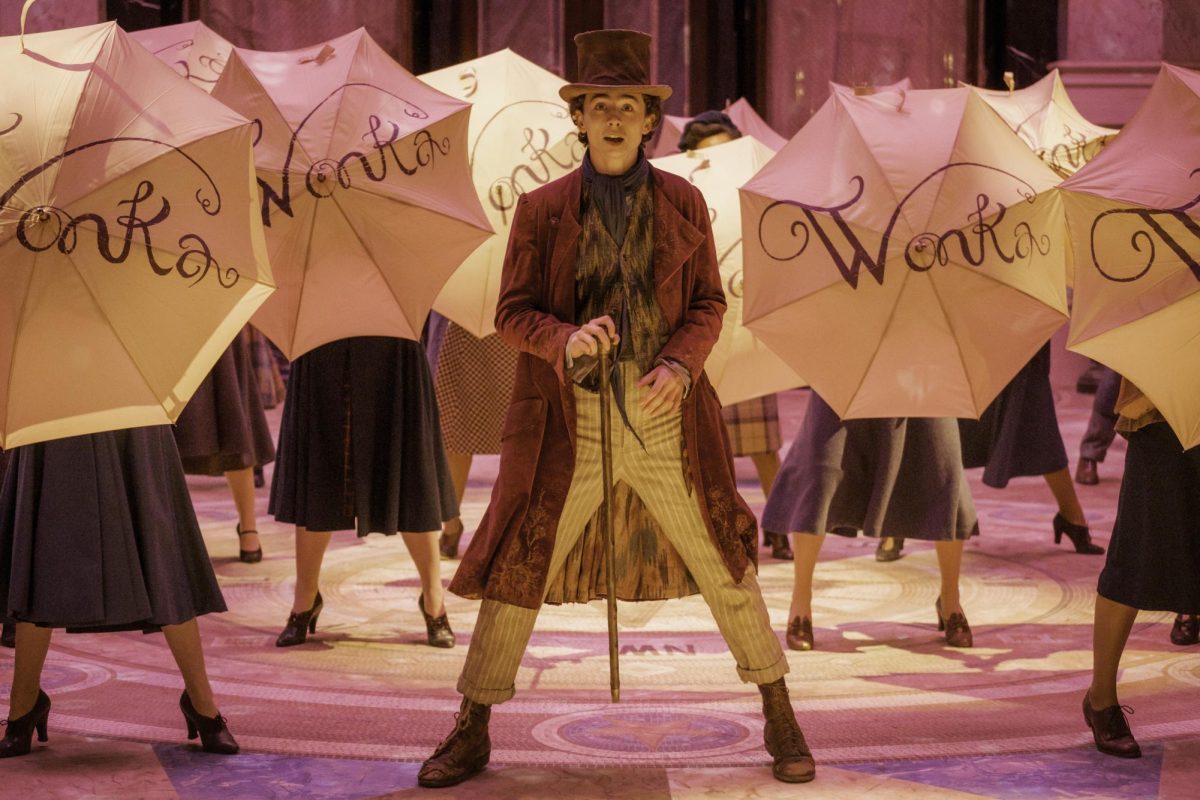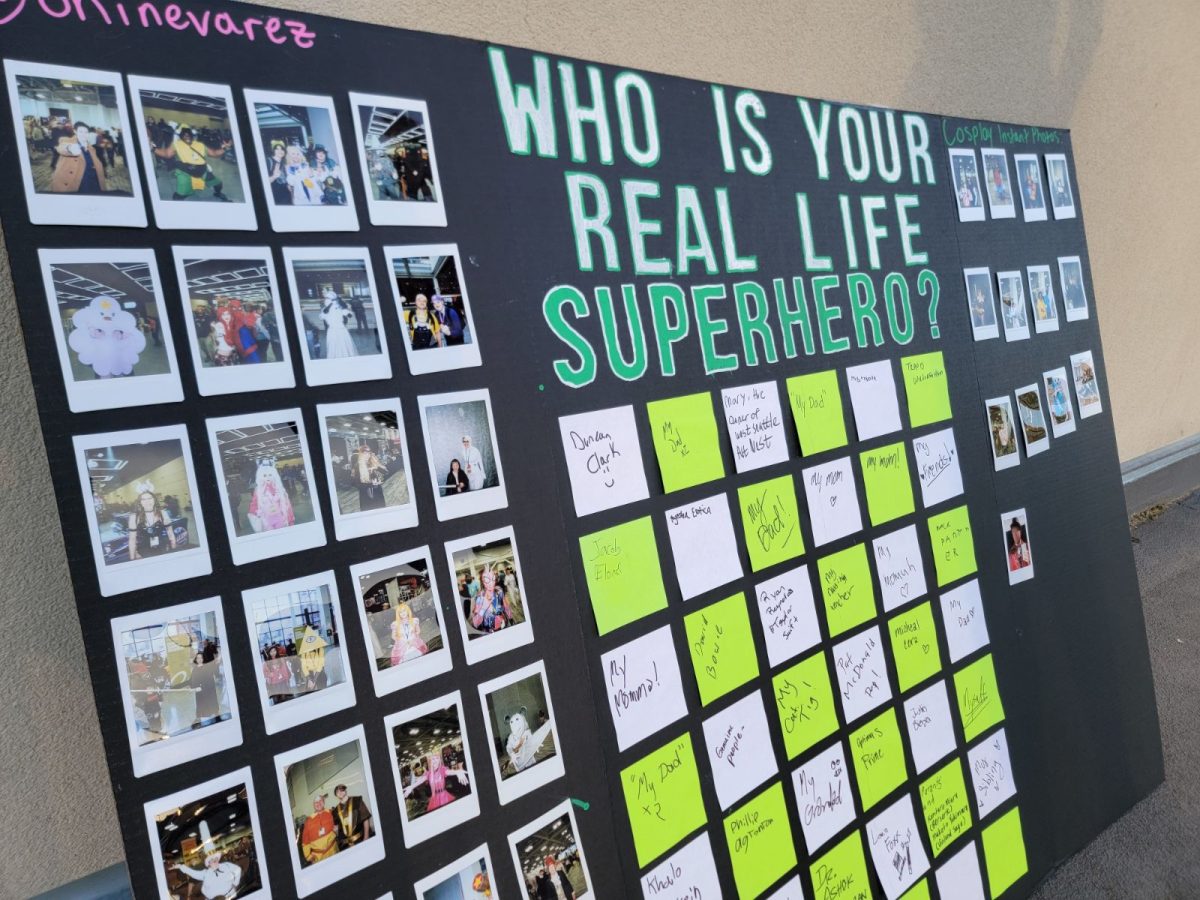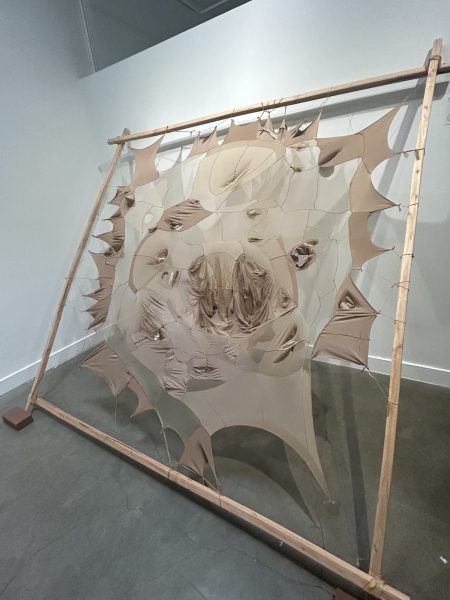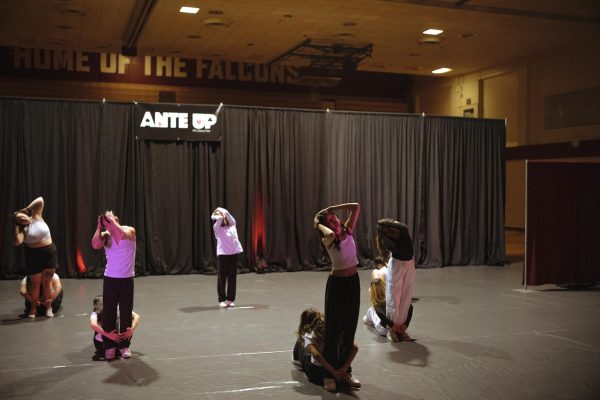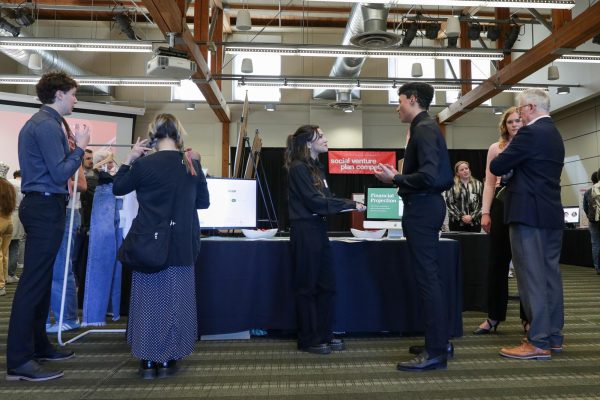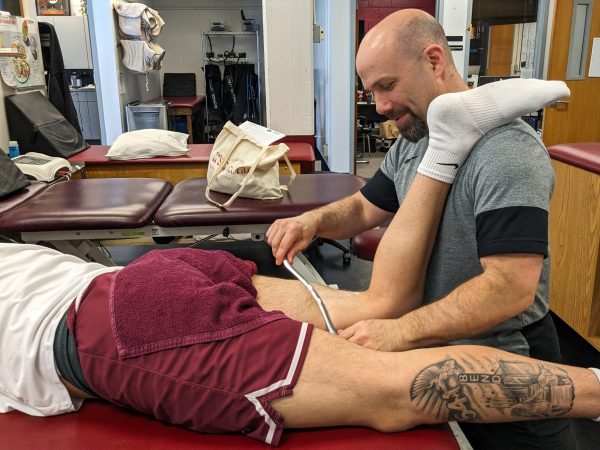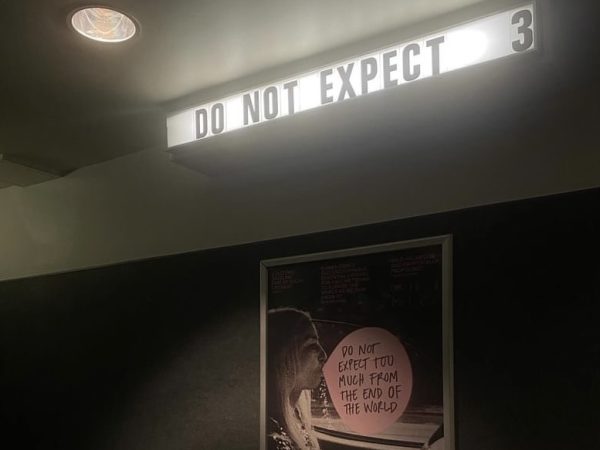Theatre is life
Importance of theatre in storytelling, developing life skills
April 13, 2023
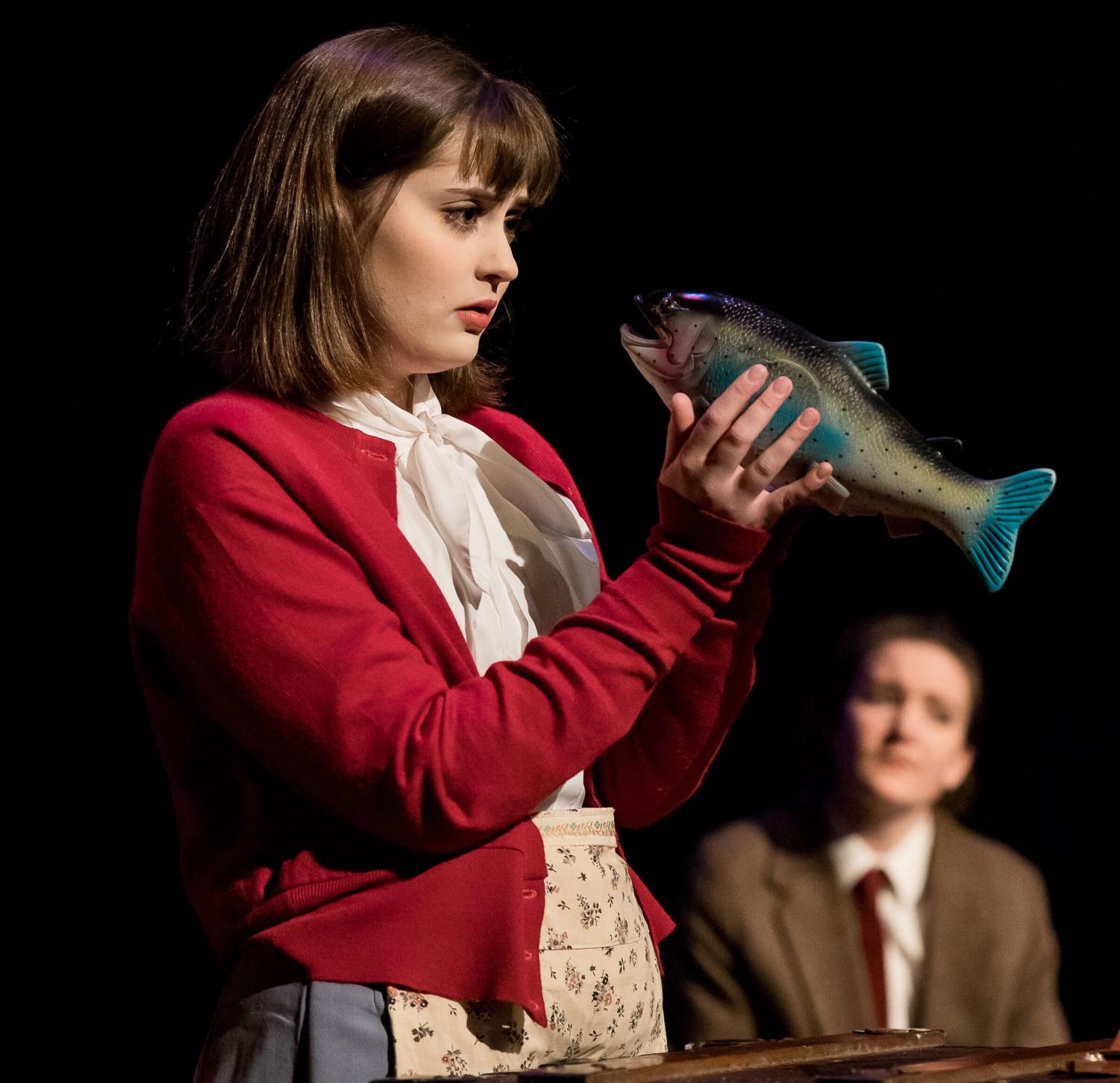
Theatre has always played an important role in my life. It has been a space where I have made lifelong friends and created beautiful works of art. Without theatre, I would not be the person I am today, and I most likely would not be attending Seattle Pacific University.
As an art form, theatre is often undervalued and underfunded, especially when it comes to regional theatres or other small-scale productions. What many people fail to understand is the value of theatre, not only as a performing art but also as a visual art. What audiences see on stage is only half the story, and underneath it lies months or years of an expansive variety of artists working to help tell a story.
While typically when we think of theatre we think of actors, there is also an array of technical positions that work behind the stage during a production – set designers, who create the scenery in a production; scenic shop managers, who formulate the plans, labor and materials needed to build the scenery; electricians, who work with extensive wiring and hanging of lights; even dramaturgy, which focuses on the history behind the story and time period. The list of how rich the variety of skills used in theatre are goes on and on.
Theatre is one of the few art forms that allows people to experience a broad range of jobs in service towards the same goal: storytelling. While theatre is able to provide incredible enrichment within the artistic community, it is also beneficial in strengthening communication and collaboration skills. As an art form, theatre is inherently collaborative. It requires working with other designers to create a seamless visual experience for the audience members.
As a result, communication becomes one of the strongest tools for a successful production. To be able to effectively collaborate and communicate with others is a skill that has easily become one of my most valued abilities even outside the theatrical setting.
Other than the technical benefits, theatre is also a versatile storytelling tool.
Compared to films and TV, theatre focuses on the relationship with the audience through a live setting that cannot be found elsewhere. Theatre allows the audience to become more immersed in the world of the play through both the visual and auditory or sometimes even smell, taste or touch (I once got to see a show in which the actors baked a real cake on stage).
Ultimately, theatre possesses experiences that are unobtainable when sitting in front of a screen. Theatre is a place where historically marginalized groups are able to have a voice and feel seen. It allows for so many stories, both old and new, to be heard for the first time.
Whether it be through dramas, comedies or musicals, theatre is an outlet for people to express themselves. It is a place that brings so many people joy and fulfillment. Combine theatre with the amazing community of individuals who all share an infectious passion for storytelling and you are left with unique artistic endeavors that center around the art of the human experience.
To me, theatre is my joy, but it is also my sadness, anger and frustrations. Theatre is my lifeline not only towards others but also myself. It has been a place where I am able to test the limits of my emotional being in a healthy way and share the good in life as well as the bad. It pains me to think of a life without theatre, and I hope that one day, more people will begin to recognize the wonderful artistic adventure that is theatre.


